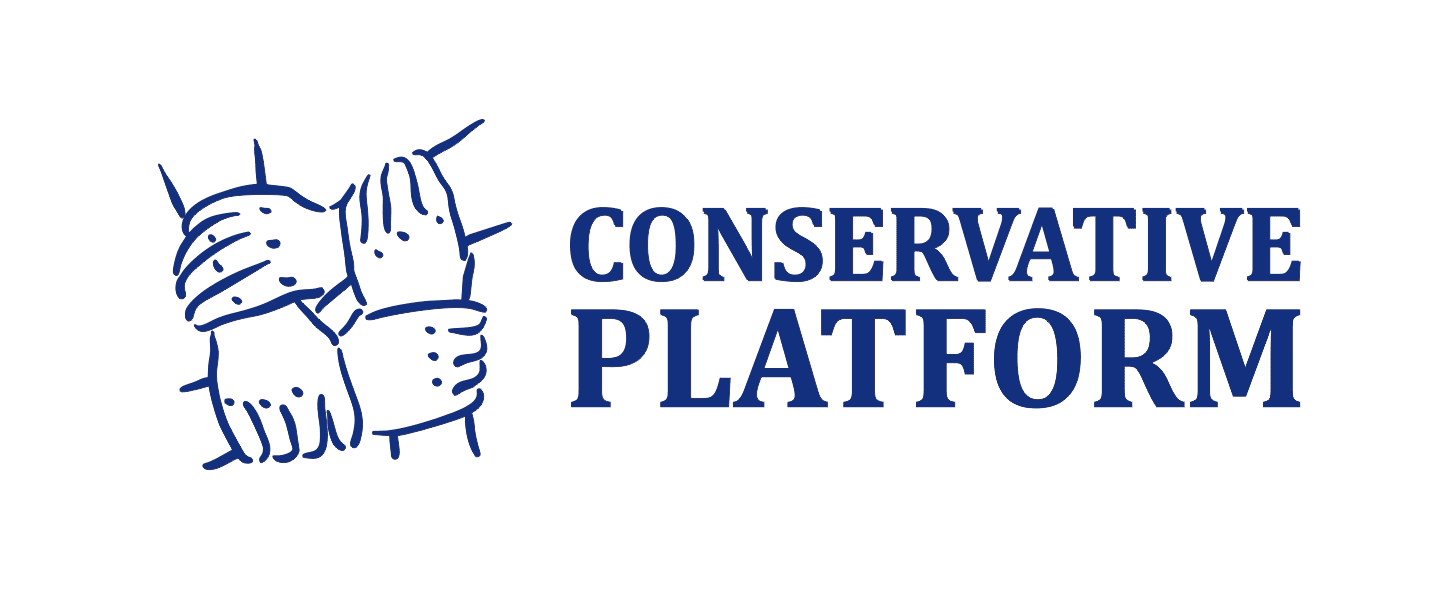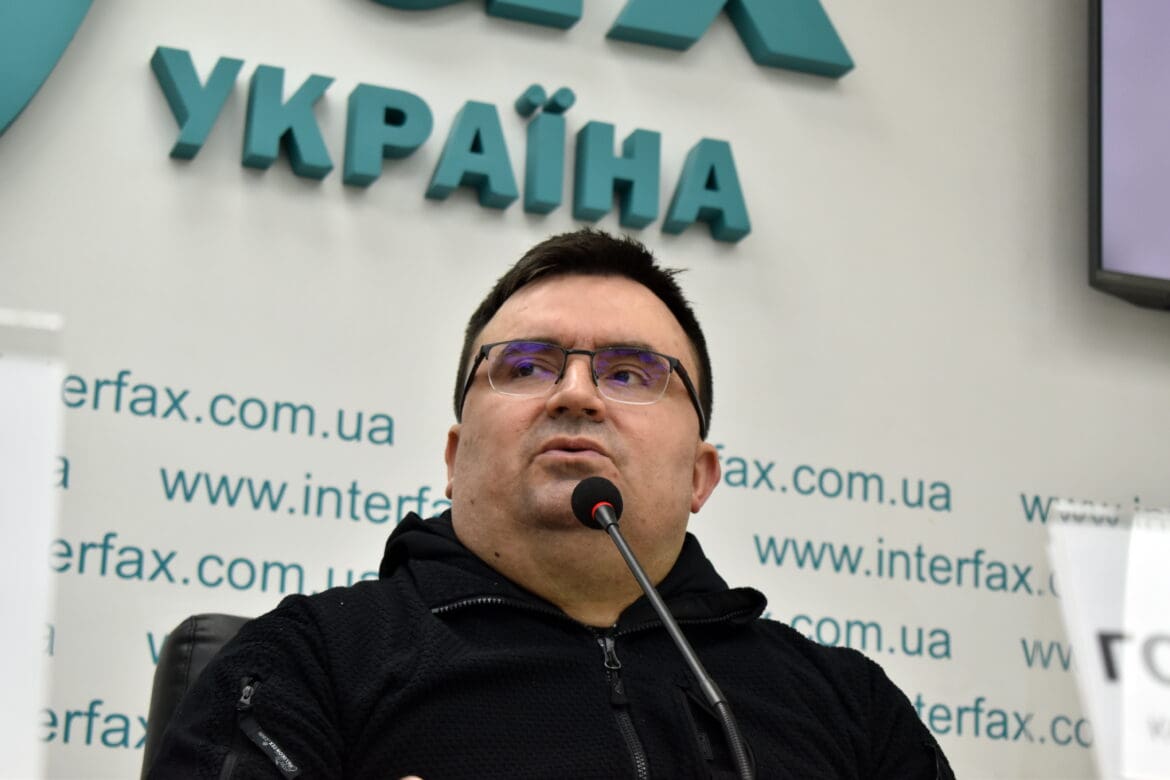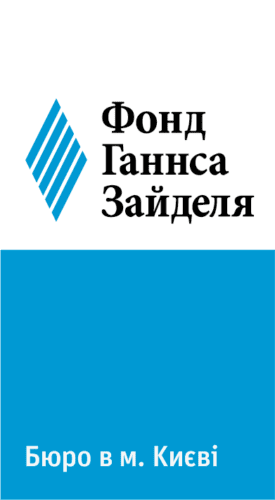On the need to prepare a legislative framework for holding elections after and even during the war was discussed Yuriy Goncharenko, Head of the Research and Analytical Group at InfoLight.UA, spoke about the need to prepare the legislation for elections after the war and even afterwards in the Ukrainian Experts Talks podcast .
Discussions about the possibility of holding elections under martial law are becoming increasingly relevant. In the context of Russian aggression, the issue of holding elections in Ukraine faces unprecedented challenges. Especially given the recent political events – the President’s speech in the Verkhovna Rada, which many experts perceived as pre-election, and the announced social payments, which have signs of populist steps. Society needs honest answers about the government’s plans and the country’s future.
“We have to find a balance between preserving democratic principles and taking into account the realities of wartime. If we don’t start working on the relevant legislation now, in the future we may find ourselves in a situation where elections will be necessary, but the legal framework for this is absent or imperfect ,” Yuriy Goncharenko said in a conversation with the podcast hosts.
In the context of Russian aggression, the issue of holding elections in Ukraine is becoming particularly acute and relevant. Especially given the recent political developments – the President’s speech in the Verkhovna Rada, which many experts perceived as a pre-election speech, and the announced social payments, which have signs of populist steps. Society needs honest answers about the government’s plans and the country’s future.
Ukraine must be prepared for a long war that could last for years. According to the expert, our goal is not just a temporary cessation of hostilities, but the complete elimination of the threat from Russia forever. This ambitious task requires not only military resilience, but also the preservation of the state’s democratic institutions, including the electoral system.
The development of new electoral legislation is not just a possibility, but a necessity. The issue of the lack of a legal framework for holding elections in the post-war period is particularly acute. For example, if martial law ends in February 2025, the state will be forced to immediately announce regular elections. However, with the existing regulatory framework, they cannot be organized in the first 6-9 months after the end of hostilities.
Among the main challenges of holding elections in a time of war, Honcharenko highlights ensuring the physical security of voters and election commissioners, organizing voting for military personnel on the job, creating mechanisms for voting for internally displaced persons and refugees, and countering disinformation and cyberattacks.
The expert believes that the best solution is to introduce a mixed voting system that combines traditional polling stations with elements of electronic voting. At the same time, it is important to audit the existing electoral infrastructure and adapt it to the conditions of martial law.
When drafting the relevant legislation, international experience should be taken into account, in particular Israel’s practice of organizing voting for military personnel and the experience of the Balkan countries in ensuring the participation of refugees in elections. According to the expert, it will take at least 3-5 months of intensive work to prepare a full-fledged legislative and technical framework.
Preparing for the possible holding of elections in a time of war is a complex but necessary process that demonstrates to the world our unwavering commitment to democratic values even in the most difficult conditions, emphasized Honcharenko. In the context of rising political tensions and populist initiatives, it is especially important to maintain transparency of the process and public confidence in democratic institutions. Ukraine must continue the struggle until complete victory, while preserving its democratic essence.




